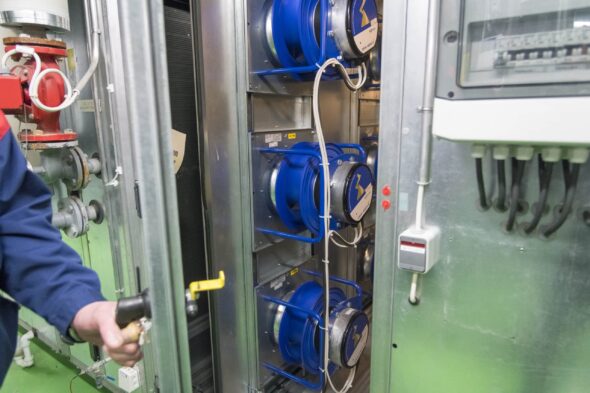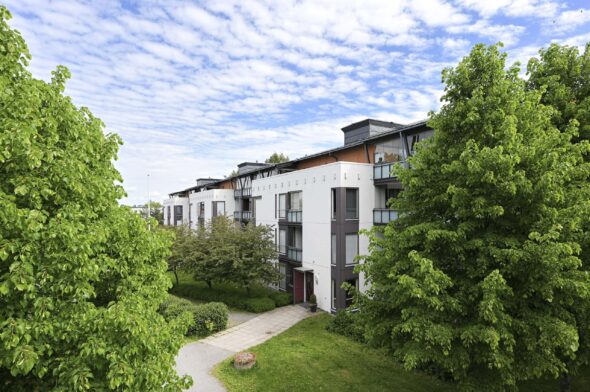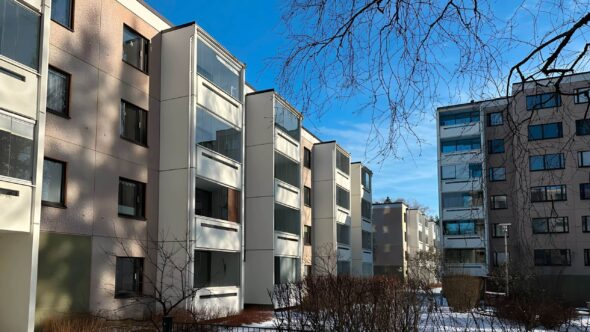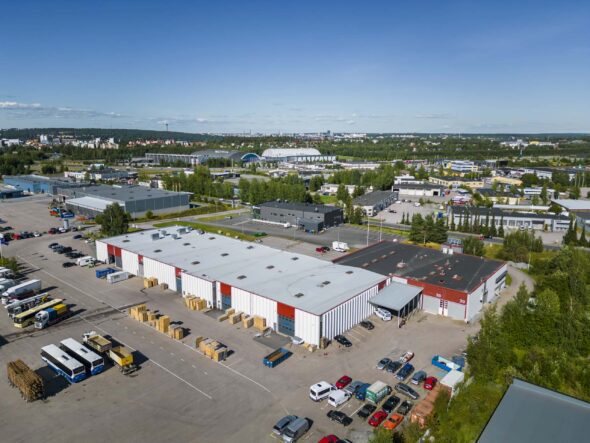Real estate opex or operational costs – why are operational costs important?
Operational costs make up a significant part of the total costs of property management. For a property owner, it is essential to understand the exact structure of operational costs and find ways to optimise them. Changes in energy consumption and prices have a direct impact on energy bills. It is important that the building services are working as designed and that the whole property is using energy correctly. Excess energy consumption is costly.
Why can operational costs be high?
Operational costs can become too high for a number of reasons. One major factor is the increase in energy prices, which can directly affect the energy costs of a property. In addition, the maintenance costs of a property may increase, for example due to changes in the market situation. Some district heating suppliers have had to increase their energy tariffs well above the rate of inflation in recent years. In Helsinki, for example, the heating bill for an apartment building in the spring of 2023 was almost 80% higher than three years earlier (Yle). Property owners have been unable to prevent these cost increases or to compete for them if they intend to continue using district heating.
Improving property opex – how to reduce operational costs?
The aim of real estate investment is to generate positive cash flow for its owners, and returns typically come from rents paid by tenants. Operating expenses are typically covered by rental income. However, rents cannot be increased indefinitely, as the level of rent determines the competitiveness of the property in the regional tenant market.
How can the operational costs of a property be improved? It is important for the owner to understand the structure of the operational costs and find ways to optimise them. This will help to keep rents competitive and at the same time give the owner a positive cash flow on their investment. Improving the operational cash flow of a property starts with competitive contracts, energy management and building services optimisation. Automation systems and regular maintenance can help avoid energy waste and significantly reduce operating costs.
Competent and accurate regulation of building services typically results in savings of up to 10% on annual energy bills. By investing in modern building services engineering, you can even drop from that level by 10-30%, depending on the baseline. The biggest impact is usually achieved by changing the way in which heat is extracted. By switching from district heating to geothermal, the heating costs of a property can drop by up to 50-70% from the baseline.
Tips for cutting operational costs on energy bills:
Operational cost management is key to improving the cost-effectiveness of property management. Here are some concrete tips to help you reduce energy bills and improve your property’s operational cash flow:
- Identify the needs and habits of the users of the premises
- Adjust the building services to precisely serve the needs of the users.
- Ensure that equipment is working properly and that maintenance plans are followed.
- Train maintenance staff to monitor and adjust modern building services.
- Identify opportunities to reuse the energy within the building.
- Find out about the possibilities of using different heat pump solutions.
- Explore the potential of solar electricity and battery solutions.
- Always make sure that the property uses energy correctly and that the occupants of the premises are comfortable.
Optimising the operational costs of a property requires continuous monitoring and investment in energy efficiency and the competitiveness of contracts. This allows property managers to ensure a positive cash flow for their owners and the competitiveness of the property in the market.












